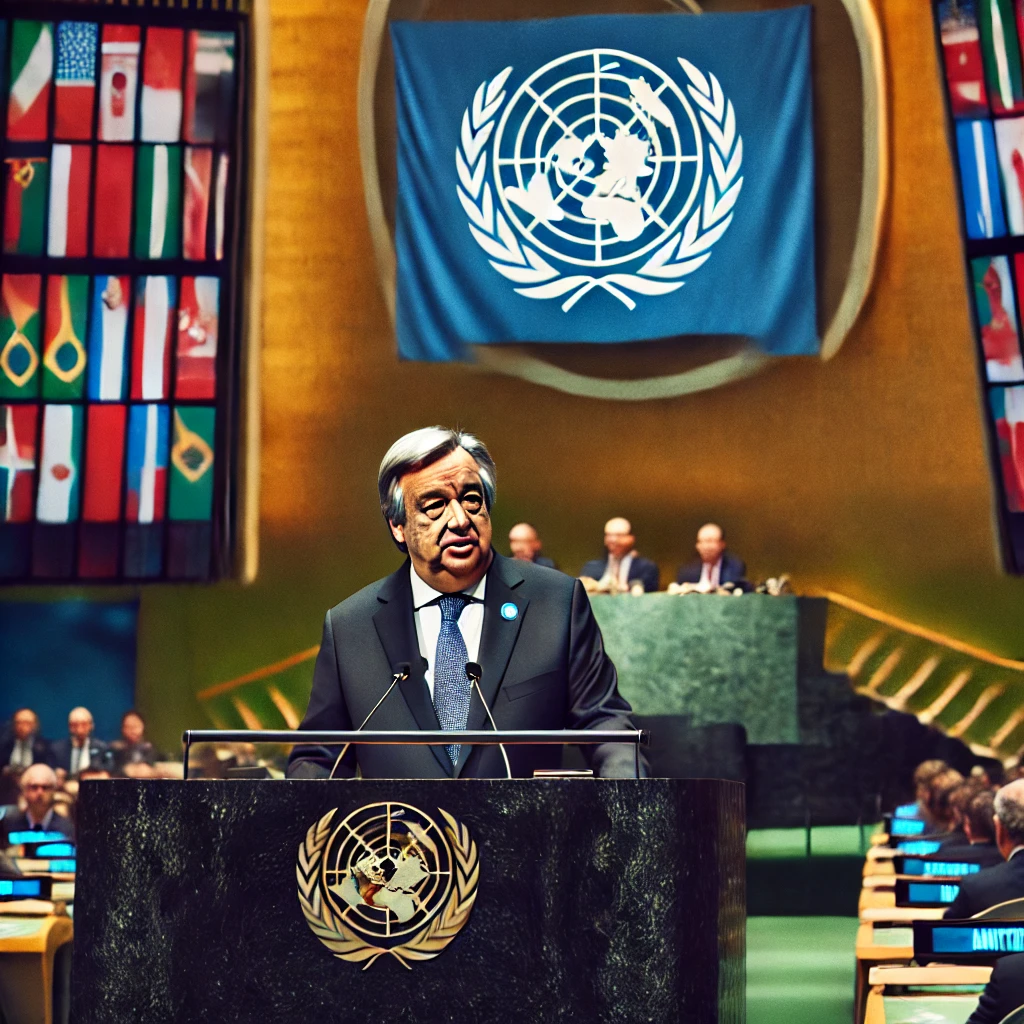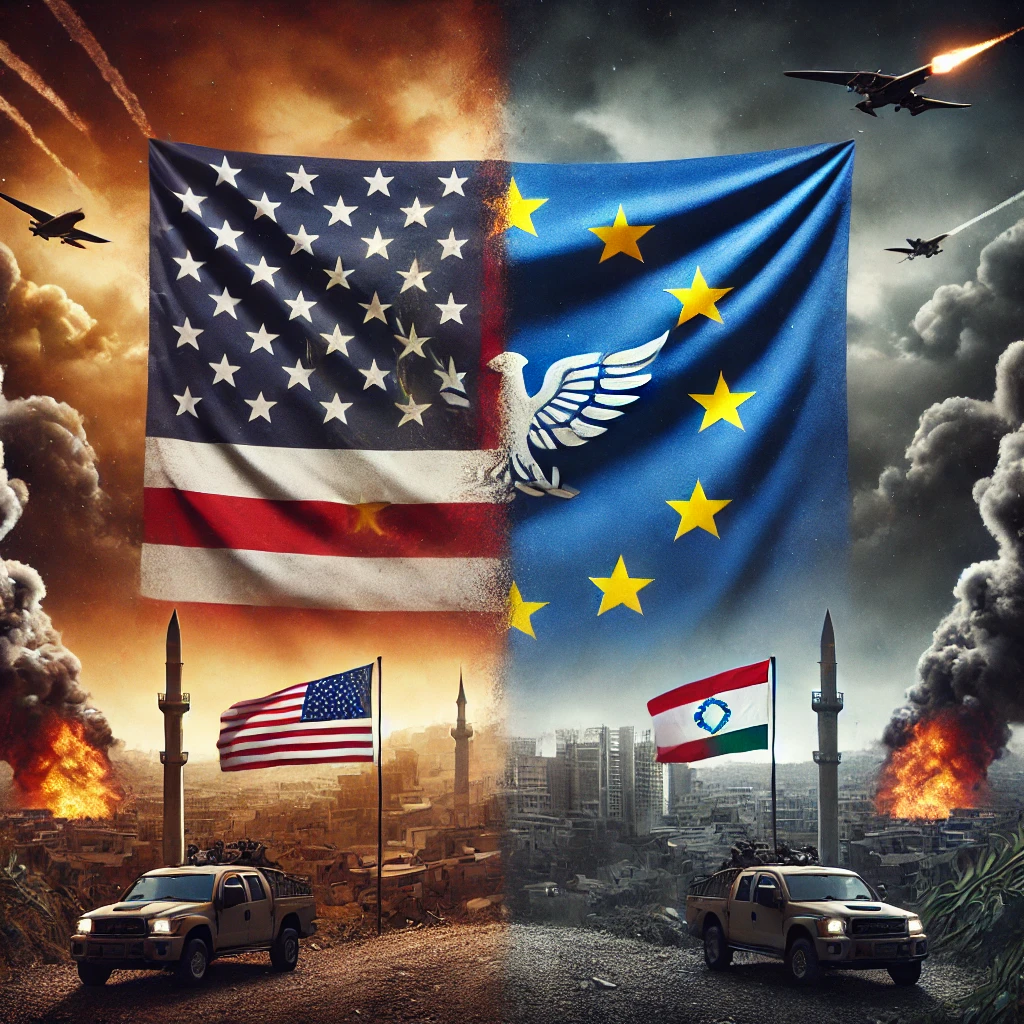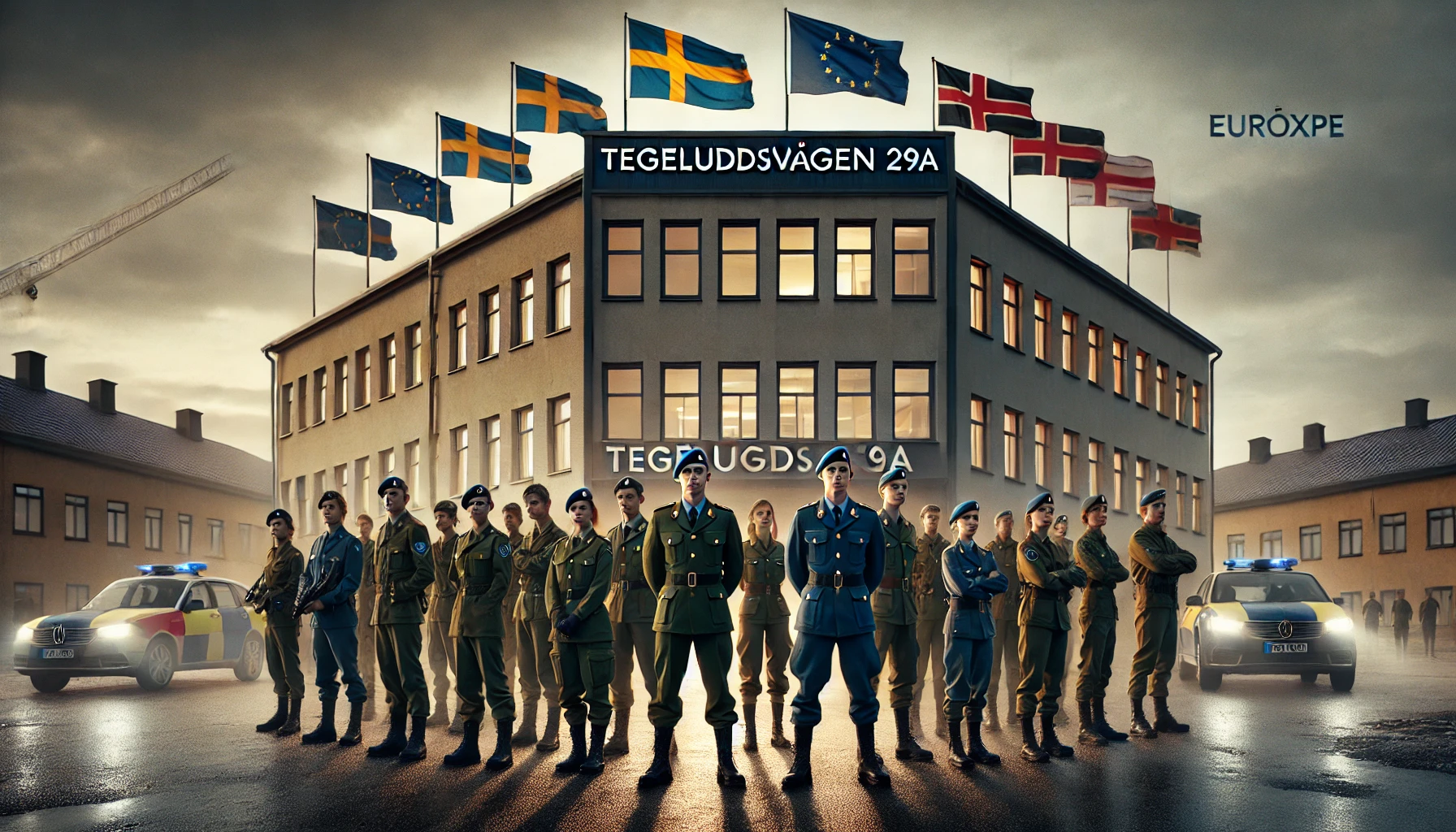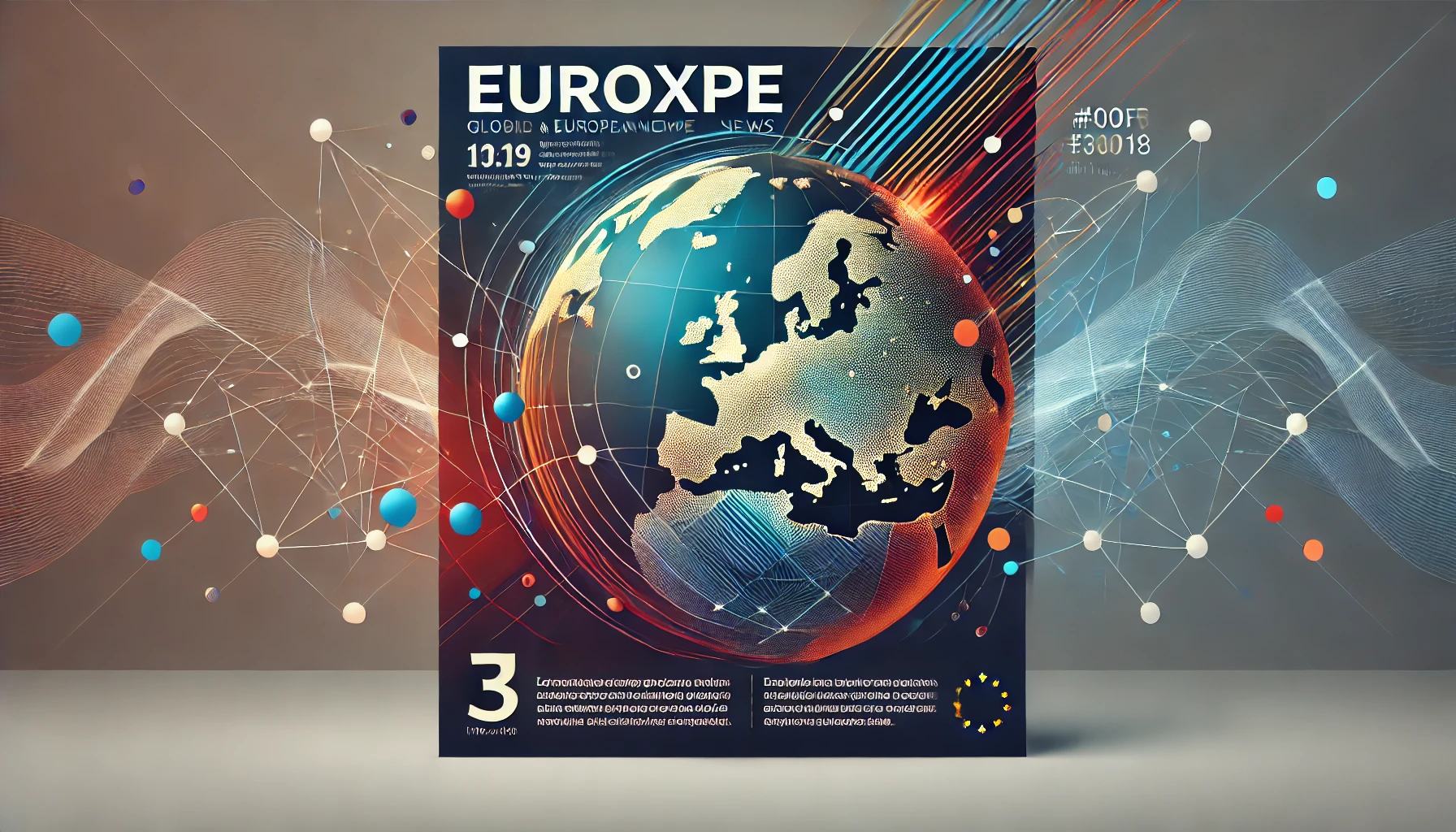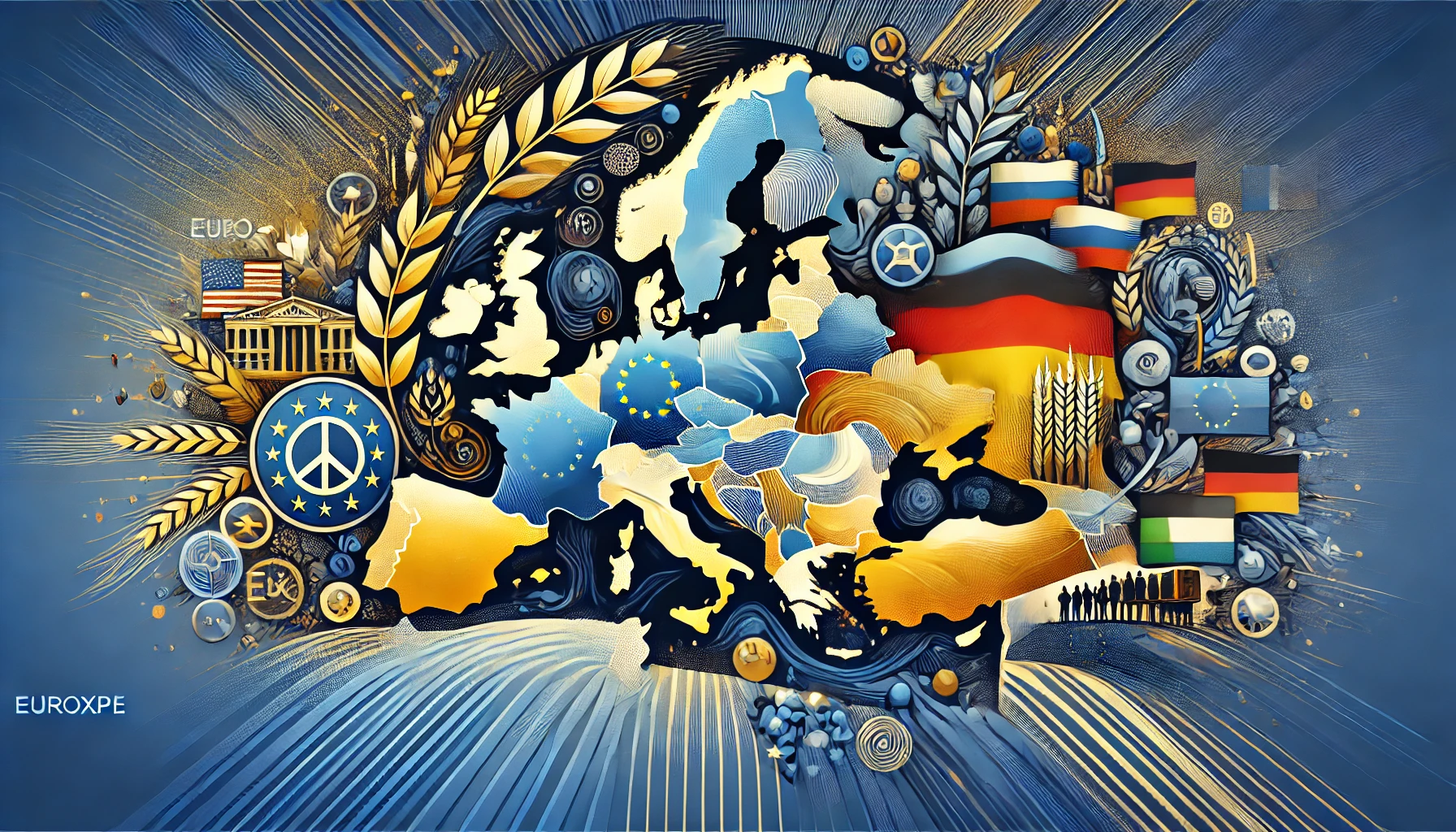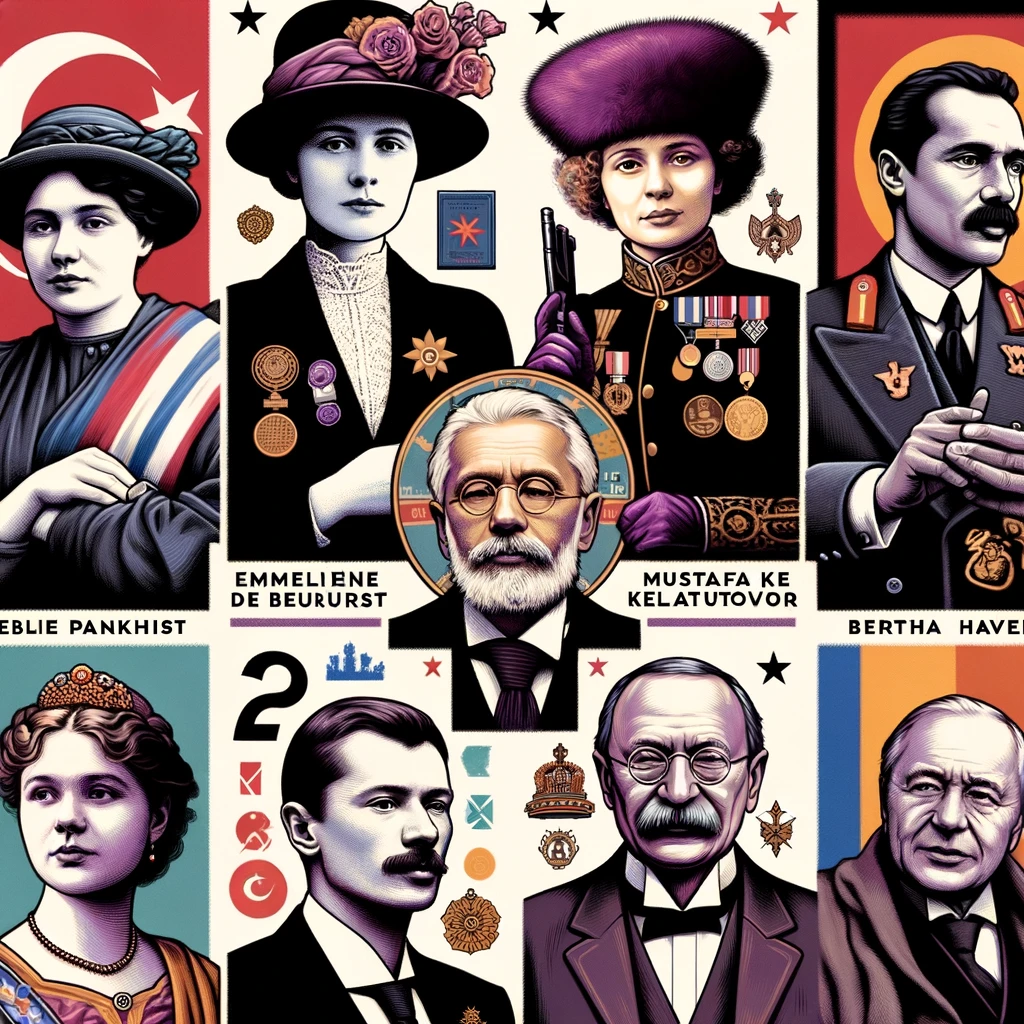The United Nations Secretary-General, António Guterres, delivered a sharp rebuke to the UN Security Council during a high-level meeting, accusing the powerful body of failing to demonstrate leadership in ending conflicts across the globe, including in Gaza, Ukraine, and Sudan. Guterres emphasised that peace can only be achieved through decisive action, but that the Council’s deep divisions and political paralysis are preventing progress.
A Call for Leadership and Action
In his address to the 15-member Council, Guterres stressed the urgent need for leadership, stating that “peace demands action” and that without concerted efforts, conflicts would only deepen. He underscored how civilians, rather than combatants, are often the ones who suffer the most, paying the ultimate price for ongoing geopolitical tensions. The UN Charter, which mandates all members to respect international law and maintain peace, has been repeatedly violated, he warned, leading to escalating violence and widespread instability.
Political Deadlock in Ukraine and Gaza
One of the major barriers to effective action, as highlighted by Guterres, is the veto power held by some members of the Security Council. In the case of Ukraine, Russia’s status as a veto-wielding member, and its direct involvement in the conflict following its invasion of Ukraine, has stymied efforts to address the crisis. This veto power has paralysed the Council, preventing it from taking meaningful action to uphold Ukraine’s sovereignty and territorial integrity, as required by the UN Charter.
Similarly, in the Gaza conflict, the United States—another permanent member with veto power—has complicated efforts to intervene, given its close alliance with Israel. As a result, the Israel-Hamas war has escalated without strong international intervention, leaving thousands of civilians in Gaza caught in the crossfire. These geopolitical entanglements have significantly reduced the Security Council’s effectiveness in promoting peace in these regions.
Sudan: A Forgotten War
Guterres also turned the Council’s attention to the ongoing violence in Sudan, where rival generals are locked in a bloody power struggle. The conflict, which has caused widespread suffering and displaced millions, remains unresolved partly due to divisions within the Council itself, as some members have chosen sides rather than working collectively towards peace. Sudan’s crisis illustrates how global inaction can perpetuate violence in lesser-known conflicts, with disastrous humanitarian consequences.
The Path Forward: Unity and the UN Charter
Despite the Council’s current divisions, Guterres remains hopeful that peace is still possible if the members come together and act in accordance with the UN Charter. He called on all Council members to work harder to find common ground and to put aside political differences for the sake of global stability. “A divided council cannot,” he remarked, referring to the Security Council’s critical role in overseeing international peacekeeping operations and authorising humanitarian aid to conflict zones.
A Plea from the International Committee of the Red Cross
At the same meeting, Mirjana Spoljaric Egger, president of the International Committee of the Red Cross (ICRC), echoed Guterres’ call for stronger adherence to international humanitarian law. She stressed that wars can be conducted in compliance with legal norms, urging warring parties to respect the rules of war and protect civilians. Her comments pointed to the growing disregard for humanitarian principles, particularly in areas where the Red Cross operates, such as Ukraine and Gaza.
Spoljaric highlighted how international humanitarian law is increasingly being overlooked, with many combatants justifying violations in the name of military necessity. This trend has led to greater destruction and hampered efforts to deliver vital humanitarian assistance to those in need. Both Guterres and Spoljaric emphasised the urgent need for renewed commitment to international law and a reinvigorated Security Council capable of taking decisive action in global hotspots.
